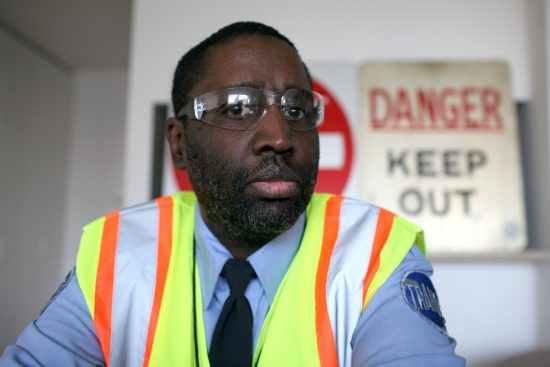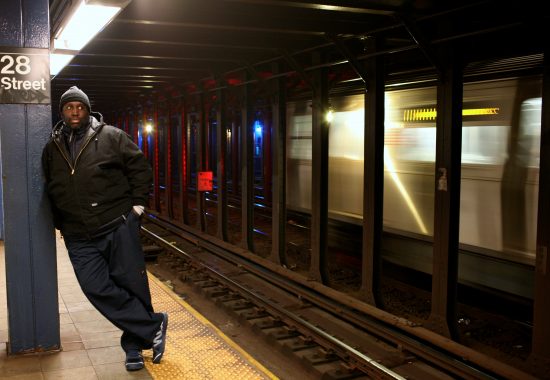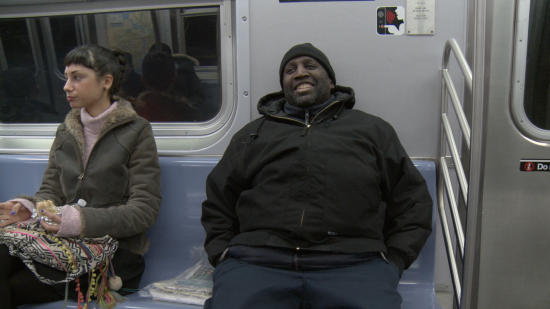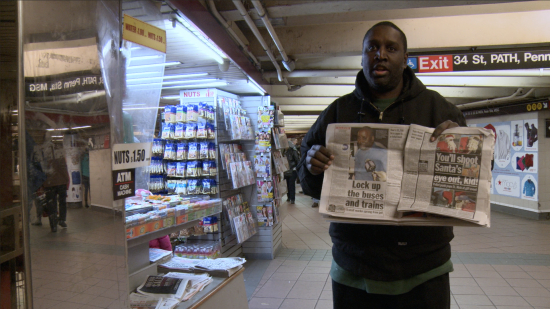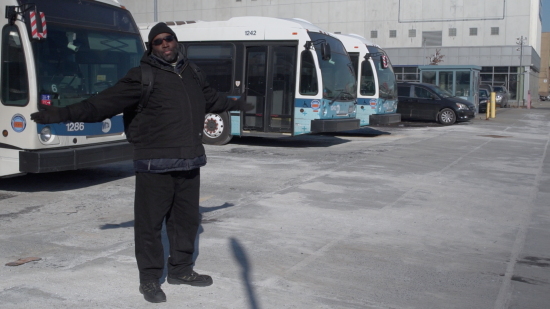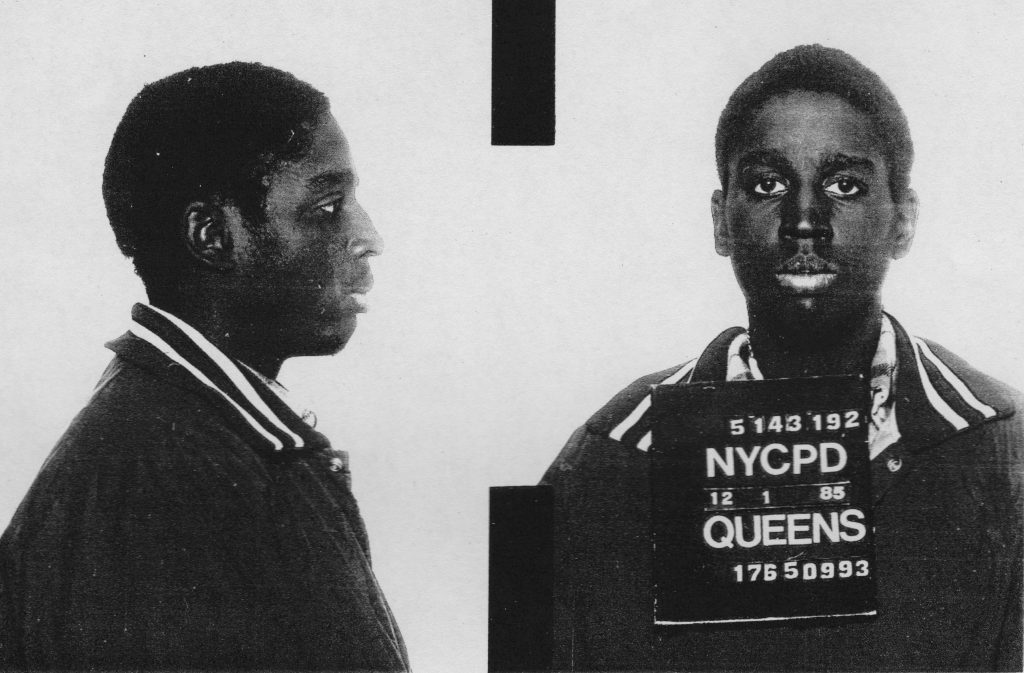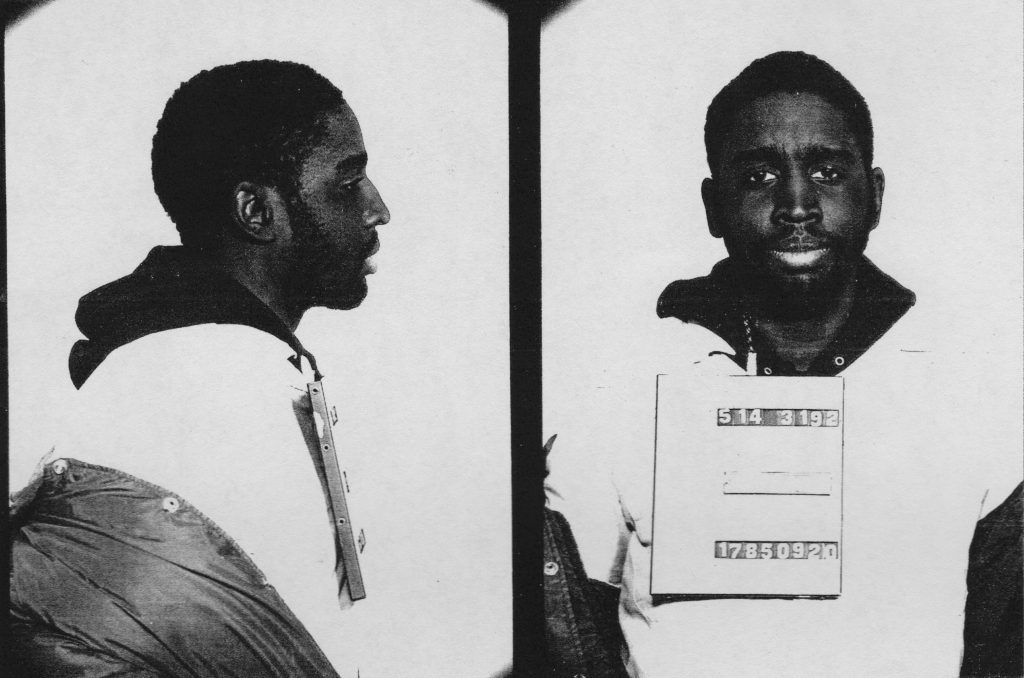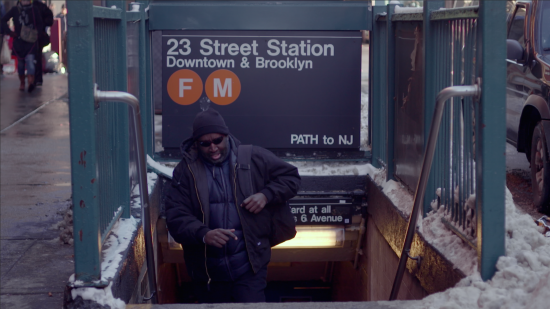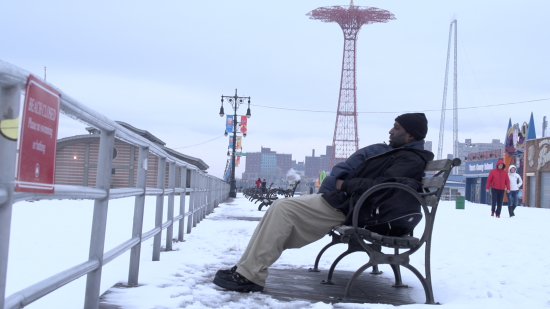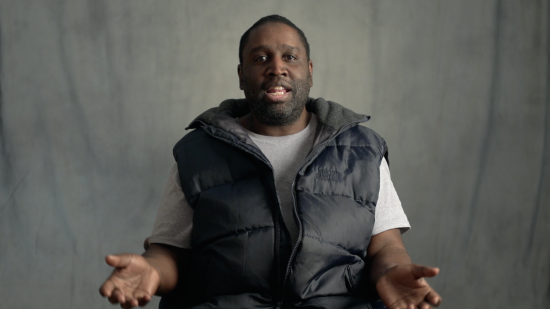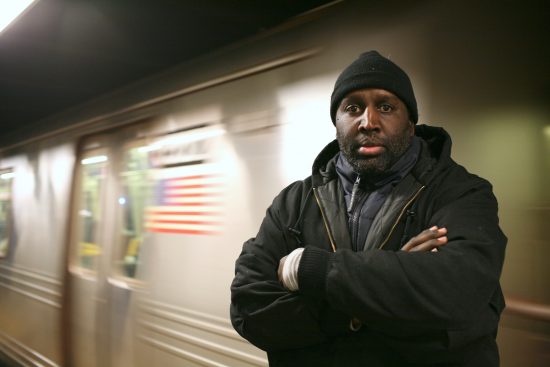Freedom Ride: Adam Irving talks about Off the Rails
Trevor Hogg chats with Adam Irving about his debut documentary Off the Rails which makes it European Premiere at the Raindance Film Festival…
An obsession for driving transit vehicles has resulted in Darius McCollum being jailed 32 times, not only for impersonating NYC bus drivers and subway conductors, but also driving their routes with passengers on board. Diagnosed with Asperger’s syndrome and lost in the American justice system, McCollum is the focus of a passion project by filmmaker Adam Irving titled Off the Rails.
What led you to make Darius McCollum the subject of your debut documentary?
I chose Darius because I was fascinated that he was willing to sacrifice his whole adult life in maximum security prison to do something that most people would find to be boring. It was the combination of that with the Asperger’s giving him a child-like innocence making his crimes almost likeable. There’s also the whole imposter thing and the fact that it was in New York. When I lived in New York I took the subway every day and the idea that all those years it’s possible that the person driving my train was an imposter I thought that was interesting.
How did you gain the trust of Darius McCollum?
The way I got his trust was by exchanging over a hundred letters with him over the course of six months. It was back and forth from New York to L.A. where he would ask me questions that became more personal and I asked him more questions and he sent me his records that allowed me to learn things about him that you couldn’t find doing a Google search. When Darius was released from jail in 2013, we knew each other well and I visited him a couple of times. By the time we started filming he considered me his best friend.
For how long were you developing the project?
It was a year and a half of filming and a year and a half of editing. It took three years to make the film. Before I started it was probably six months from the time I read about Darius McCollum on his Wikipedia page. I remember the exact moment because I was hooked. I was doing research, reaching out to his lawyer and other people he knew to earn their trust so that I could get to Darius indirectly, raising money, getting the equipment ready, and making a three year plan for the film.
At what point did you decide to use reenactments?
From the beginning I knew that there wasn’t footage for pretty much everything in Darius’ life. I didn’t have to do reenactments. Some purists in the documentary world think that they’re cheesy or inauthentic because they’re bringing in the world of narrative fictional filmmaking into documentary which is suppose to be just truth. If they’re done well reenactments can add value to a film. For me the idea of an 11 or 15 year old driving a train was something I had to see to believe it so by hiring an actor and renting out a Toronto subway station and a full crew, and re-enacting that I thought of it in a humorous way made it more real. Otherwise I would have to have newspaper articles flash on the screen for a few seconds and Darius sitting in a chair telling a story but with no real visuals to put you into that moment.
How hard was it to get the archival footage?
I hired an archival news researcher and if you can find a way to use archival footage under the fair use law you don’t have to pay for it. That’s how I got around a lot of it.
What about the score?
The music was scored by a composer who was paid a flat fee to do the whole film.
What led to the sound design?
I was focused more visually and it wasn’t until I brought on board an editor to help me with this film that I was encouraged to put more effort into the sound. The film that you see right now has a much stronger sound design than my original draft which was much more visual. I’m happy that my editor and producer pushed me not only to put in more train sounds but train sounds that added value. For example, people seem to love the shot of the jail door closing and then you hear the announcer say, ‘Please stand clear of the closing doors.’ It combines the sound of the subway with the imagery of the jail which is theme of the whole movie that this very thing that Darius likes keeps landing him behind bars.
How hard was it to get the interviews?
Darius was the easiest to get in theory because he loves attention and to be interviewed; however, it takes months to line-up an interview on camera with someone who is incarcerated in New York. There are two main interviews that I did with Darius when he was incarcerated and those were hard to get. But when Darius got out of jail for a few weeks and I filmed him in New York that was easy because I had him all to myself.
His lawyer was hesitant at first but once I earned her trust she was happy to help. Darius’ mother took a few phone calls and letters to earn her trust. All of the experts that you see in the film, the psychologists and so forth, were enthusiastic about helping. Who I didn’t get was anyone from MTA, like the press office and the president. The parole board wouldn’t talk to me. The NYPD police officers who arrested Darius told me stories and things that were helpful but weren’t willing to appear on camera or let me use their names as sources.
If you remember Darius was fired from the Transit Museum when the MTA found out he was volunteering there. I wanted to interview the director of the Transit Museum to find out why she had to fire him exactly. She wouldn’t talk to me even after retiring.
Why do you think Darius McCollum was fired from a job that appeared to be a perfect fit for him?
I think they were embarrassed that Darius had over the years shown how easy it was for him to borrow MTA vehicles. By Darius working at the museum they felt it would send a message that they approved of what he had done or he’s a role model for children to learn about transportation. If parents learned that their children were being led by a felon they might sue the MTA. That was kind of what they were thinking although I couldn’t get a proper answer from them.
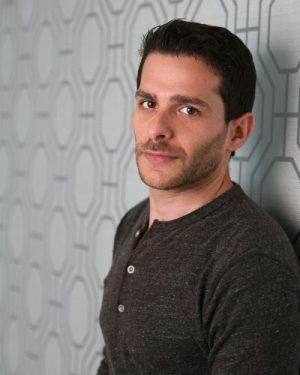
Adam Irving
What was it like being the director, cinematographer and editor?
I felt, ‘Why hire these people for hundreds of thousands of dollars when I can do it myself not only better but more importantly the way that I want it?’ I’m sure that I could hire a great Oscar-winning cinematographer to shoot beautiful images but they wouldn’t be the images I wanted exactly because that artist cannot execute precisely what is going on in my mind. I said from the beginning I’d rather have a mediocre film that was done exactly the way I envisioned it than a great film that was someone else’s vision.
What cameras and lenses did you use?
I used all Sony cameras, the F5, FS100 and EX1 with Zeiss Master Primes which are these 1930s design photography lenses. You have to change lenses every time you want to alter the focal length but you end up with beautiful images that are better than your typical classic zoom lenses.
What did you learn from making the documentary about Darius McCollum?
The idea that a normal nice person could spend his whole life in prison and there’s nothing anyone can do about it. If someone told me that I would say, ‘That’s just like Woodrow Wilson propaganda.’ It’s the United States. There’s a justice system. It’s a democracy. He’s a nonviolent criminal who has never benefited, profited or hurt anyone. How could he spend 20 plus years in a maximum security prison? There’s got to be checks and balances to prevent that. But to actually see the reality that the system is broken. It’s not just an exaggeration by left wing people. That really hit home. Even today Darius is rotting away in a little cell. He’s really not a threat to society. In fact Darius could add a tremendous amount of value to society because he’s so skilled and passionate about this one particular thing – transportation.
You must be happy with the festival reaction towards Off the Rails.
Yes and no. It’s my first film so I should be thankful that it is doing well but I’m ambitious and a dreamer. It was difficult for my sales agent to sell Off the Rails because it wasn’t considered a top tier film because of not premiering at Sundance or Cannes or South by Southwest. But in the end it’s at the level of the films that were in those festivals because Off the Rails is being talked about as an Oscar contender. I was able to sell it to get a decent amount of money. It’s going to play in New York, Toronto, Los Angeles, Austin and London. I’m quite happy with the general response other than some people in the festival and distribution world who said that it’s too regional a film. It is going to do extremely well in New York and is a great New York story but will people in Thailand or Missouri really want to see it? I don’t know the answer to that question but I don’t think it’s that regional.
The universality comes down to people being able to connect with Darius.
Exactly. It just so happens that he lives in New York and transportation is his obsession but what people take away from Off the Rails is that it’s a good critique of the criminal justice system. It’s a film about mental health, passion, and a boy’s relationship with his mother. Those things are all universal.
Is there a particular scene you are looking forward to audience members seeing on the big screen?
When Darius drives the train as a 15 year old in the reenactments, they always get a good laugh and at it starts at the beginning of the film before things get really bad so you understand the seriousness of it. It’s almost like the movie is a fun subway ride with those five or ten minutes where Darius is learning to drive for the first time and says it was like losing his virginity. Then when he’s 15 making all of those stops, does it on schedule and is caught by supervisor who asks, ‘Where’s the train operator?’ He says, ‘I am the train operator.’ There’s something about the confidence that Darius has even as a kid which is so amusing. I like that because it captures who Darius is. On one hand he is really bad socially and doesn’t pickup on certain social cues. There are all kinds of problems with his judgement. But part of that is so endearing that Darius doesn’t realize that what he is doing or saying something is so foolish or daring or bold.
What was your biggest challenge?
The most challenging thing was towards the end of editing for about a period of three months as I was putting the finishing touches on the film to get it ready to submit to festivals. I would wake-up in a cold sweat every single day and wonder, ‘Do I actually have a film? Are people going to like it?’ Even though it was finished and looked good I honestly didn’t know where it was 2 out of 10 or 10 out of 10 because it was my baby and I had worked on it every day for three years. I had no objective way of looking at the film which was scary for me. When we got rejected from Sundance, South by Southwest and Tribeca I was like, ‘Oh, my God! It’s a disaster.’ All of a sudden it turned around. It got into 21 festivals in row, like Hot Docs and Full Frame. It got picked up for distribution and started to get media attention. Then to hear that a Hollywood movie is going to be made with Julia Roberts was like the icing on the cake. That’s huge and it comes out in less than a year.
Who is going to play Darius?
We don’t know yet. It’s the last piece of the puzzle but probably the most important casting decision they make. It won’t be hard for them to attract a top talent for that role.
Many thanks to Adam Irving for taking the time to be interviewed and for more information visit the official website for Off the Rails.
Trevor Hogg is a freelance video editor and writer who currently resides in Canada; he can be found at LinkedIn.
Next PostPrevious Post
